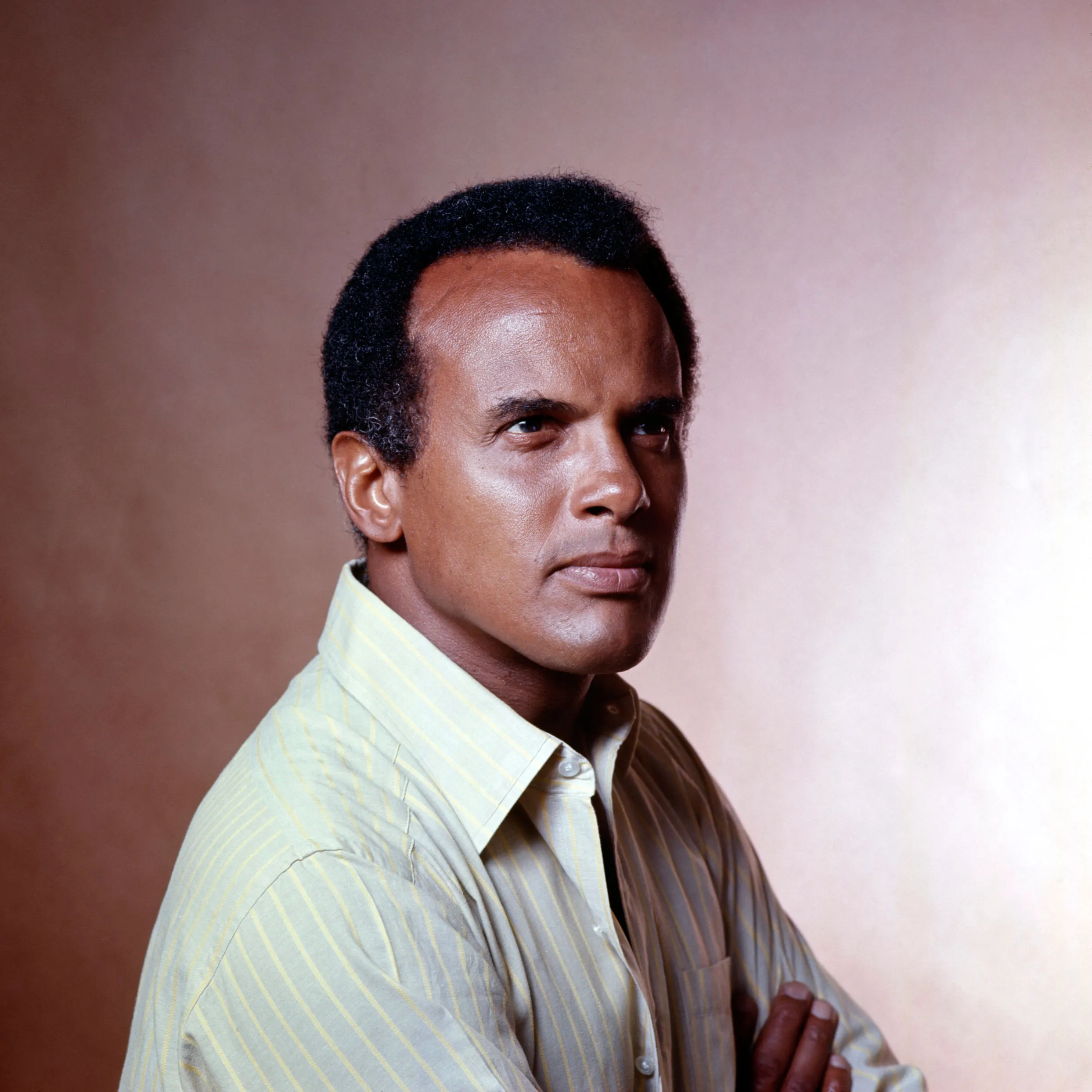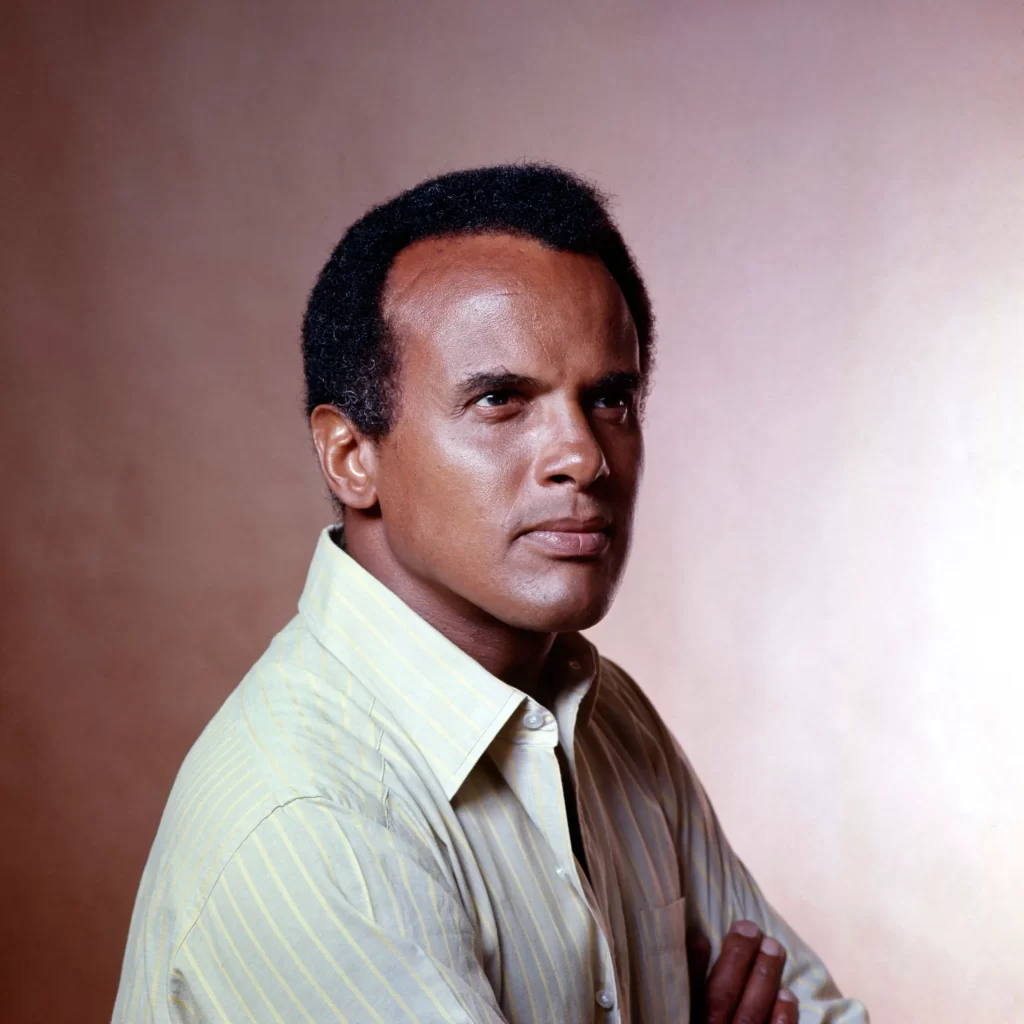
Harry Belafonte

Harry Belafonte is a well-known American singer, actor, and social activist. He was born on March 1, 1927, in Harlem, New York City. Belafonte is perhaps best known for his signature hit songs such as “Banana Boat Song (Day-O)”, “Jamaica Farewell”, and “Matilda”. He was one of the first African-American musicians to gain mainstream popularity in the United States and around the world.
Belafonte was also a prominent civil rights activist and played a significant role in the American Civil Rights Movement of the 1950s and 1960s. He was a close friend and confidante of Dr. Martin Luther King Jr., and used his celebrity platform to raise awareness and funds for various civil rights causes. In addition, he was a UNICEF Goodwill Ambassador and worked tirelessly to support humanitarian causes such as famine relief and children’s health and education initiatives.
History
Harry Belafonte: A Legendary Singer and Civil Rights Activist
Harry Belafonte is an iconic American singer, actor, and civil rights activist who has made a lasting impact on the entertainment industry and the world at large. Born on March 1, 1927, in Harlem, New York City, Belafonte rose to fame in the 1950s and 1960s with his distinctive blend of Caribbean music, jazz, and pop. He became known for his signature hits such as “Banana Boat Song (Day-O)”, “Jamaica Farewell”, and “Matilda”, which helped to popularize Calypso music and Caribbean culture around the world.
Belafonte’s success as a musician was only part of his remarkable legacy. He also used his celebrity platform to become one of the most prominent civil rights activists of his generation. Belafonte was a close friend and confidante of Dr. Martin Luther King Jr. and played a crucial role in the American Civil Rights Movement of the 1950s and 1960s. He helped to organize and finance various civil rights campaigns, including the 1963 March on Washington, where King delivered his famous “I Have a Dream” speech.
Belafonte’s activism extended beyond the borders of the United States. He was a passionate advocate for social justice and human rights on a global scale. He served as a UNICEF Goodwill Ambassador and used his platform to raise awareness and funds for various humanitarian causes, including famine relief, children’s health and education initiatives, and efforts to combat HIV/AIDS.
Belafonte’s accomplishments have earned him numerous awards and accolades over the years. In 1989, he was awarded the Kennedy Center Honors for his contributions to American culture and the arts. He has also received multiple Grammy Awards, including a Lifetime Achievement Award in 2000, and was awarded the National Medal of Arts in 1994.
Today, at the age of 96, Belafonte’s legacy continues to inspire and influence new generations of artists and activists. His music, activism, and humanitarian work have left an indelible mark on the world, and he remains a symbol of hope and courage for all those who seek to make a positive difference in the world.
In conclusion, Harry Belafonte is a true legend who has made significant contributions to both the entertainment industry and the fight for civil rights and social justice. His unique talents and unwavering commitment to making the world a better place have made him an inspiration to countless people around the world. We can all learn from his example and strive to create positive change in our communities and beyond.
Movie Hostory
Harry Belafonte has had a successful career as an actor in addition to his music and activism. Here is an overview of his movie history:
Belafonte made his film debut in 1953 with the movie “Bright Road”, a drama in which he starred alongside Dorothy Dandridge. He then went on to star in several other films throughout the 1950s and 1960s, including “Carmen Jones” (1954), “Island in the Sun” (1957), “The World, the Flesh and the Devil” (1959), and “Odds Against Tomorrow” (1959).
One of his most notable film roles was in the 1959 movie “Porgy and Bess”, an adaptation of the George Gershwin opera of the same name. Belafonte played the lead role of Porgy, opposite Dandridge as Bess. The film received critical acclaim and earned Belafonte a nomination for a Golden Globe Award for Best Actor in a Motion Picture – Musical or Comedy.
Belafonte also continued to act in films throughout the 1970s and 1980s, including “Buck and the Preacher” (1972), “Uptown Saturday Night” (1974), “The Angel Levine” (1976), and “White Man’s Burden” (1995). He also made appearances in television shows, such as “The Cosby Show” and “Kansas City Holiday” (1988).
In addition to his work in front of the camera, Belafonte also worked behind the scenes as a producer and director. He produced the 1977 television movie “We Shall Overcome” about the civil rights movement, and directed the 1980 documentary “Beat This!: A Hip Hop History” about the origins of hip-hop music.
Overall, Harry Belafonte’s movie history is a testament to his versatility and talent as a performer. His contributions to the film industry have been significant and continue to be celebrated today.
Song History
Harry Belafonte has also made notable contributions to the film industry as an actor and producer. Here are some highlights from his movie history:
- Carmen Jones (1954) – This film was an adaptation of the classic opera Carmen, with an all-black cast. Harry Belafonte played the role of Joe, a soldier who falls in love with Carmen.
- Island in the Sun (1957) – In this drama film, Belafonte played the role of David Boyeur, a black politician who is running for office in a racially divided Caribbean island.
- Odds Against Tomorrow (1959) – Belafonte starred in this crime thriller film as Johnny Ingram, a bank robber who reluctantly teams up with two other criminals to carry out a daring heist.
- The World, the Flesh and the Devil (1959) – This post-apocalyptic film starred Belafonte as a survivor of a nuclear war who finds himself alone in New York City.
- Buck and the Preacher (1972) – Belafonte starred in and produced this Western film, which followed a former slave and a con artist who team up to help a group of African-American settlers reach their new home in the West.
- Uptown Saturday Night (1974) – In this comedy film, Belafonte played the role of Geechie Dan Beauford, a small-time crook who teams up with Sidney Poitier’s character to retrieve a stolen lottery ticket.
- White Man’s Burden (1995) – Belafonte played the role of Thaddeus Thomas, a wealthy African-American businessman in this alternate-reality drama film that explores issues of race and class.
Belafonte’s contributions to the film industry were significant in showcasing the talents of black actors and producers, and in portraying characters and stories that were often marginalized or underrepresented in Hollywood.

